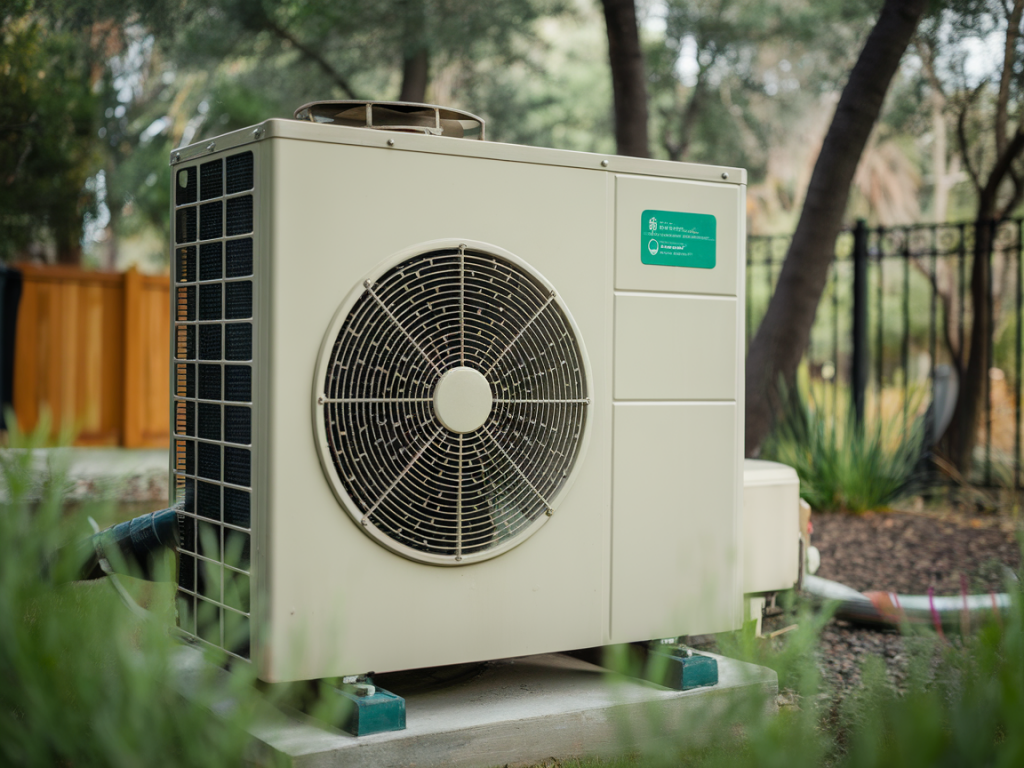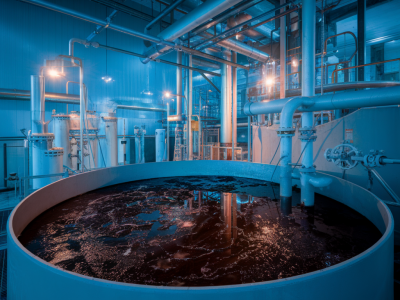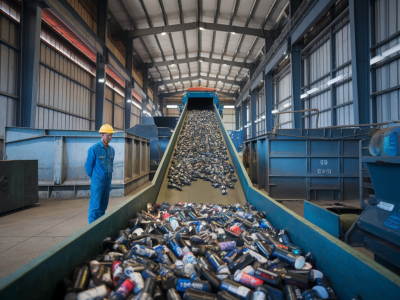
As energy prices rise and climate change concerns become more pressing, many homeowners like you and me are seeking smarter, more sustainable ways to heat their homes. Amid this push for greener living, one solution stands out: heat pumps. If you're looking for an energy-efficient, long-term solution to keep your home comfortable year-round, switching to a heat pump might just be the game-changer you’ve been searching for.
What Are Heat Pumps and How Do They Work?
A heat pump is a highly efficient heating and cooling system that works by transferring heat rather than generating it. Think of it like a reverse refrigerator. In the winter, it extracts heat from the outside air, ground, or water (even when it's cold) and moves it indoors. In the summer, it reverses the process, pulling heat out of your home to cool it. This ability to both heat and cool makes it a versatile and cost-effective solution for modern households.
There are different types of heat pumps, including air-source, ground-source (also known as geothermal), and water-source systems. While air-source heat pumps are the most common and affordable, geothermal systems are renowned for their efficiency and durability. Brands like Mitsubishi Electric, Daikin, and Panasonic offer a wide range of models tailored to various home sizes and climates, so there’s something for everyone.
Why Heat Pumps Are a Smarter Choice
Unlike traditional heating methods that rely on burning fossil fuels or resistive electrical heating, heat pumps operate on a different principle. They use electricity primarily to move heat, not generate it, resulting in significant energy savings. Here are a few reasons why switching to a heat pump is one of the smartest decisions you can make:
- Energy Efficiency: Heat pumps can achieve efficiencies of over 300%, meaning they produce three times as much heat energy as the electrical energy they consume. Compare this to gas boilers, which typically max out at 95% efficiency, or electric heaters, which sit at 100%.
- Cost Savings: While the upfront cost of installing a heat pump can be high, the energy savings over time make it a worthwhile investment. Many homeowners report cutting their annual heating costs by 30-50%.
- Reduced Carbon Footprint: By relying on electricity and avoiding fossil fuels, heat pumps drastically lower greenhouse gas emissions, especially if your home is powered by renewable energy sources like solar panels or wind turbines.
- Dual Functionality: Unlike traditional furnaces or boilers, heat pumps provide both heating and cooling, eliminating the need for separate systems and saving you space and money.
- Low Maintenance: Heat pumps have fewer moving parts compared to combustion-based systems, which means less wear and tear. With regular servicing, they can last 15-20 years or even longer.
Heat Pumps: Are They Right for Your Home?
You might be wondering whether a heat pump would work well for your home. One of the most common misconceptions I’ve heard is that heat pumps don't perform well in colder climates. With advancements in technology, this is no longer the case. Modern air-source heat pumps, like those from Daikin and LG, are highly efficient even in temperatures as low as -15°C (5°F). For extremely cold regions, hybrid systems that pair a heat pump with a backup gas or electric furnace can ensure consistent heating.
Your home's insulation and energy efficiency also play a big role in the effectiveness of a heat pump. If you're in an older, draftier home, consider addressing insulation and sealing gaps before making the switch. This will maximize the benefits of the system and save you even more in energy costs.
Available Incentives and Grants
One obstacle many homeowners cite when considering a heat pump is the upfront cost. Depending on the type of system, installation costs can range from £6,000 to £12,000 or more. However, the good news is that many governments and organizations are offering incentives to make this transition accessible.
For those in the UK, the Boiler Upgrade Scheme provides homeowners with grants of up to £5,000 for the installation of certain heat pump systems. Similarly, the US offers tax credits as part of its federal incentives for green home improvements. Check with your local authority or energy provider to see what incentives you might qualify for—it can significantly reduce your initial investment.
Heat Pump Myths Debunked
When I discuss heat pumps with readers and friends, I often hear the same questions or concerns. Let’s address a few myths:
- "A heat pump won't work in freezing weather." – Modern heat pumps, especially cold-climate models, are designed to capture heat even in sub-zero temperatures.
- "They're noisy and bulky." – Today’s models are quieter than ever, and sleek designs ensure they integrate seamlessly into your home.
- "They're expensive to repair." – Regular upkeep by a certified professional can prevent costly repairs, and many heat pumps come with 10+ year warranties.
Real-Life Impact of Switching
One story that stuck with me was from a family in Surrey who installed a Mitsubishi Ecodan air-source heat pump in their 4-bedroom home. Not only did they reduce their annual energy costs by around 40%, but they also noticed improved indoor air quality and a more consistent home temperature.
Stories like this highlight the transformative impact heat pumps can have on both your finances and your comfort at home. Whether you're retrofitting an older property or starting fresh with a new build, the switch to a heat pump is a step towards sustainability and smarter living.
Final Thoughts: Start Your Heat Pump Journey
If you’re intrigued by the benefits of heat pumps and are ready to learn more, take the first step by reaching out to a licensed installer or energy consultant in your area. They can conduct an energy audit to determine the best system for your home.
It’s not just about saving money or upgrading your heating system—it’s about joining the movement toward energy efficiency and contributing to a greener future. Imagine living in a home where your comfort doesn’t come at the planet’s expense. That’s the promise of a heat pump, and it’s a choice that pays off in more ways than one.

